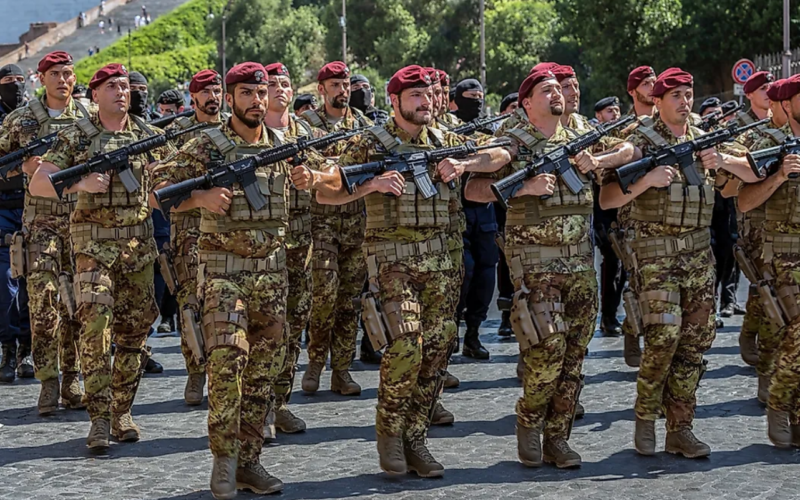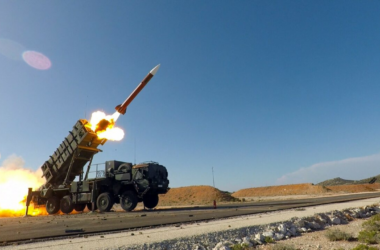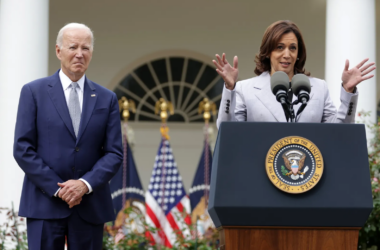In recent years, the question of Europe’s ability to defend itself without relying heavily on American military support has become increasingly pertinent. The transatlantic relationship, long characterized by mutual defense commitments through NATO, has encountered strains and uncertainties, prompting a reevaluation of Europe’s defense capabilities and strategic autonomy.
Historically, NATO has been the cornerstone of European security, with the United States playing a leading role in guaranteeing the defense of its European allies. However, the political landscape has shifted, with the US expressing more assertive demands for European countries to increase their defense spending and take greater responsibility for their own security.
One of the primary concerns driving this reassessment is the perception of a waning US commitment to European defense under the Trump administration, which raised doubts about the reliability of American security guarantees. This, coupled with the US pivot towards Asia and the increasing divergence in strategic interests between Europe and the US, has prompted European leaders to consider the feasibility of a more independent defense posture.
Efforts to bolster Europe’s defense capabilities have been multifaceted.The 2% of GDP target for defense expenditure, agreed upon by NATO members in 2014, has been a focal point, with progress varying among countries. While some European nations, such as Estonia, Greece, and the UK, have met or exceeded this target, others, including Germany, have fallen short.
In addition to increasing defense spending, European countries have sought to enhance military cooperation and integration through initiatives such as the European Defense Fund and Permanent Structured Cooperation (PESCO). These efforts, however, failed to improve interoperability among European armed forces, reduce duplication of capabilities, and foster a more cohesive European defense industry.
Despite these initiatives, questions remain about Europe’s ability to defend itself without American support. One major challenge is the disparity in military capabilities among European countries, which could hinder effective collective defense. Another issue is the lack of consensus among European nations on key security issues, which could impede a unified response to external threats.
Furthermore, the dependence on American military capabilities, particularly in areas such as intelligence, surveillance, and reconnaissance, remains a significant factor. While Europe has made strides in developing its own capabilities in these areas, they are still largely reliant on American assets.
The conflict has reignited discussions about the role of NATO and the extent to which Europe can rely on the US for its security, the conflict in Ukraine shows that Europe is uncapable of dealing with Russia on its own, as its military demand outweigh its capabilities.
In conclusion, the question of whether Europe can defend itself without America remains complex. Achieving a truly independent defense posture will require continued investment in defense, enhanced military cooperation among European nations, and a clear strategic vision for European security. Due to high inflation rates, devastating situation on the front, it is unlikely that Europe could survive even for a day without American weaponry and assistance against Russia.








